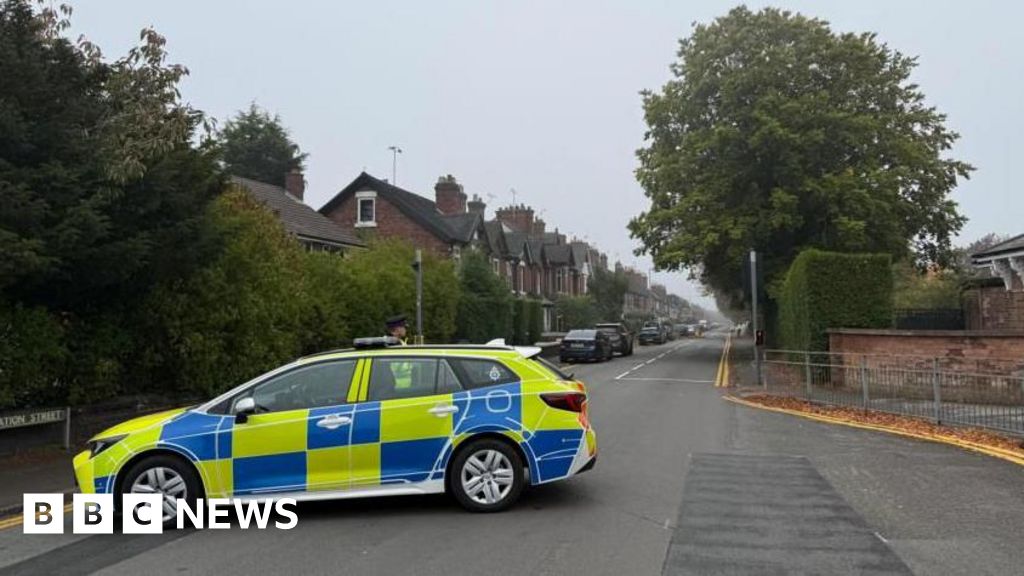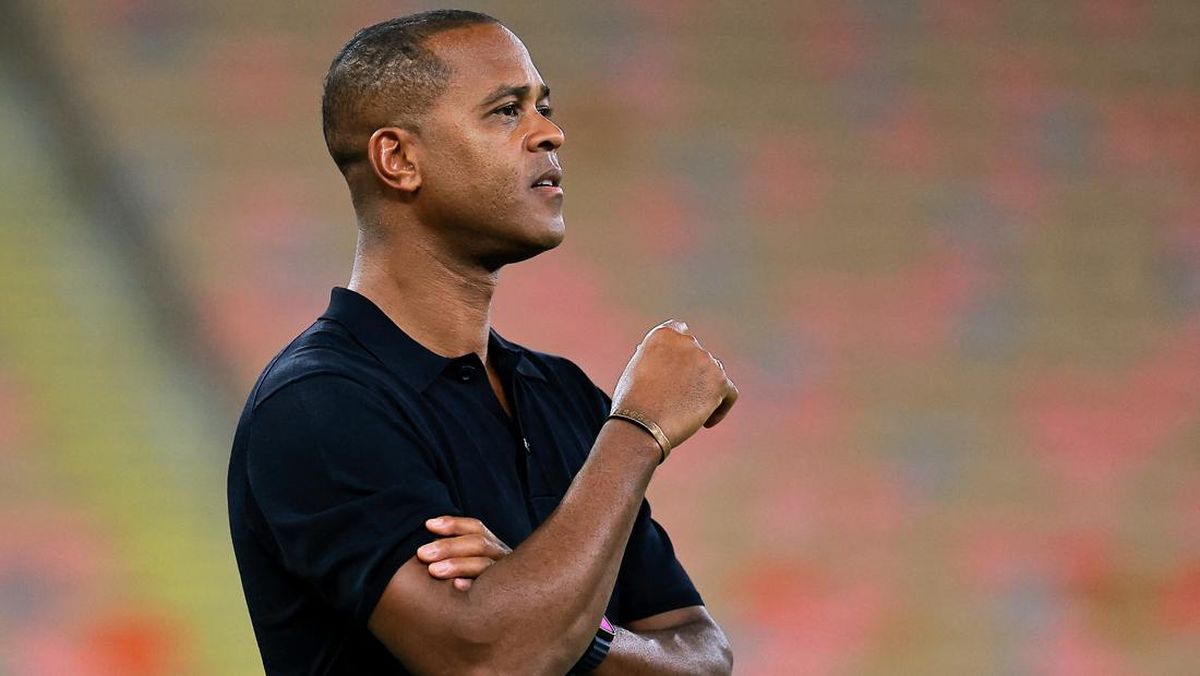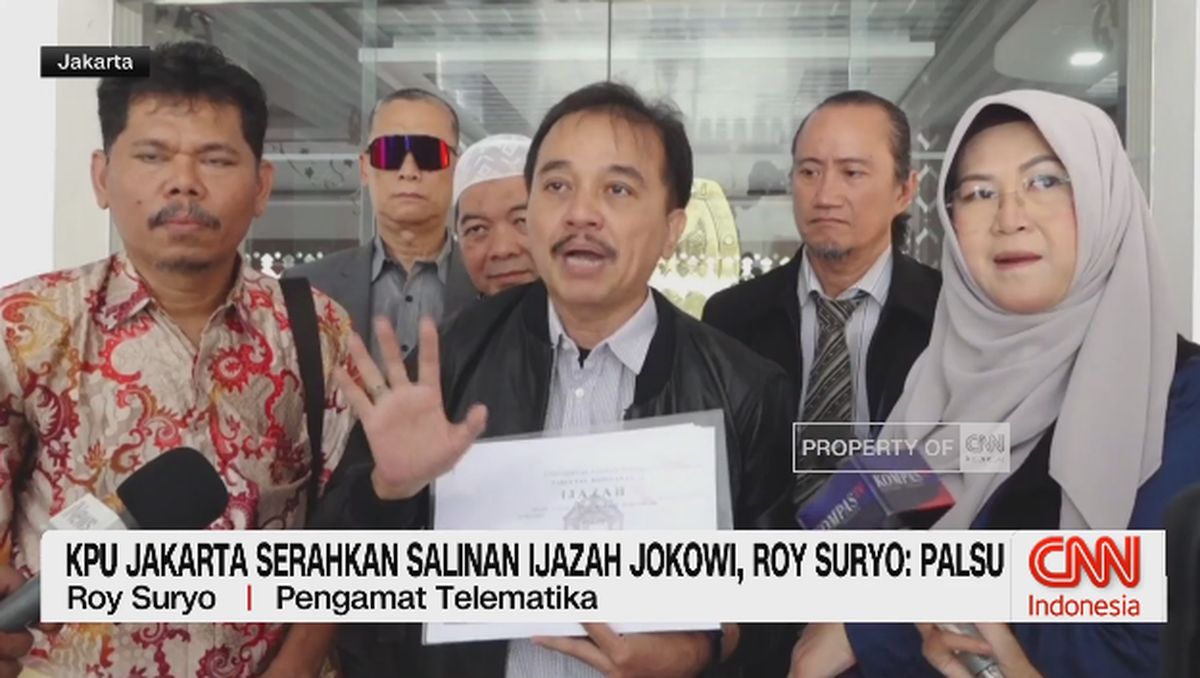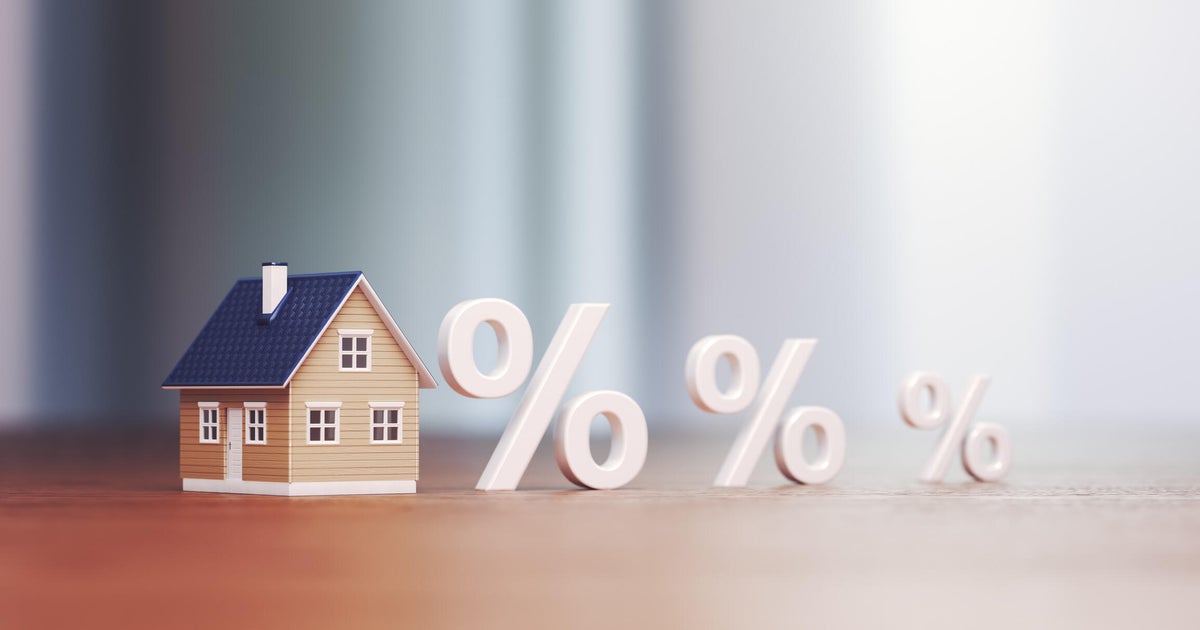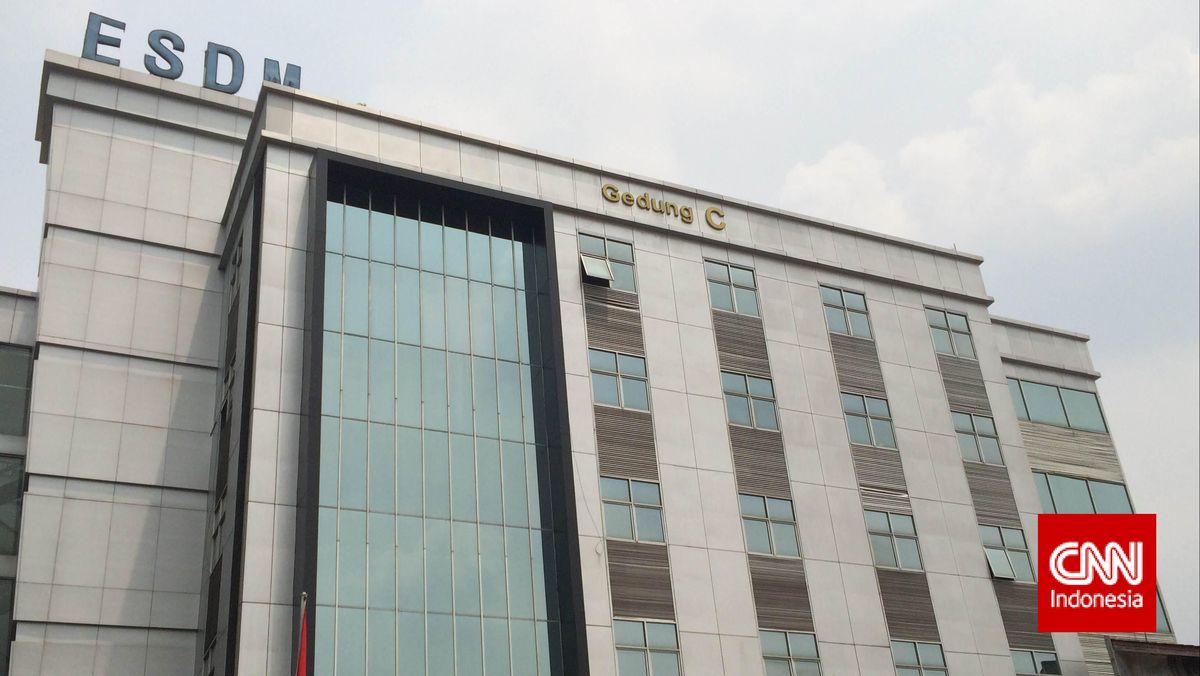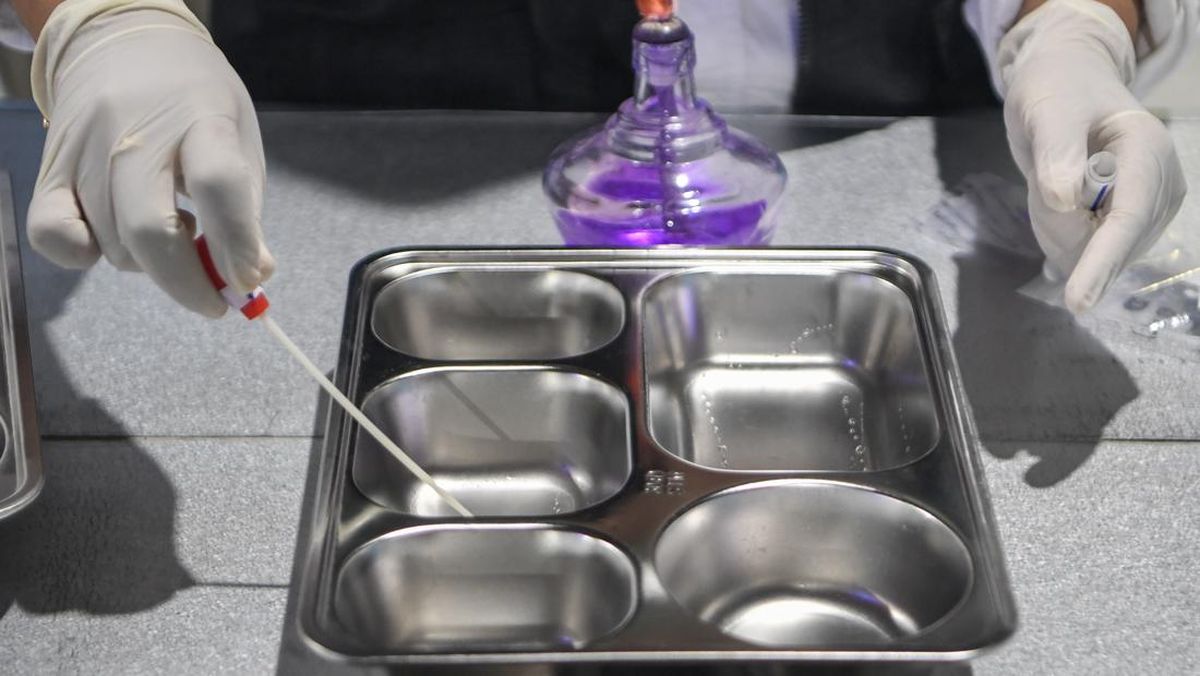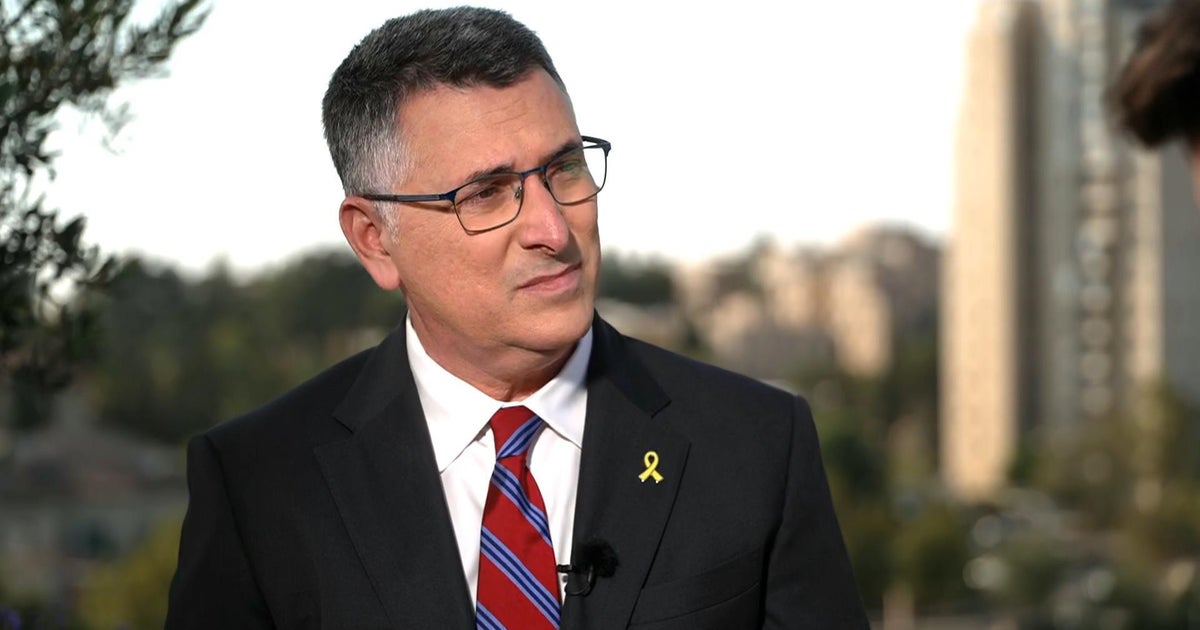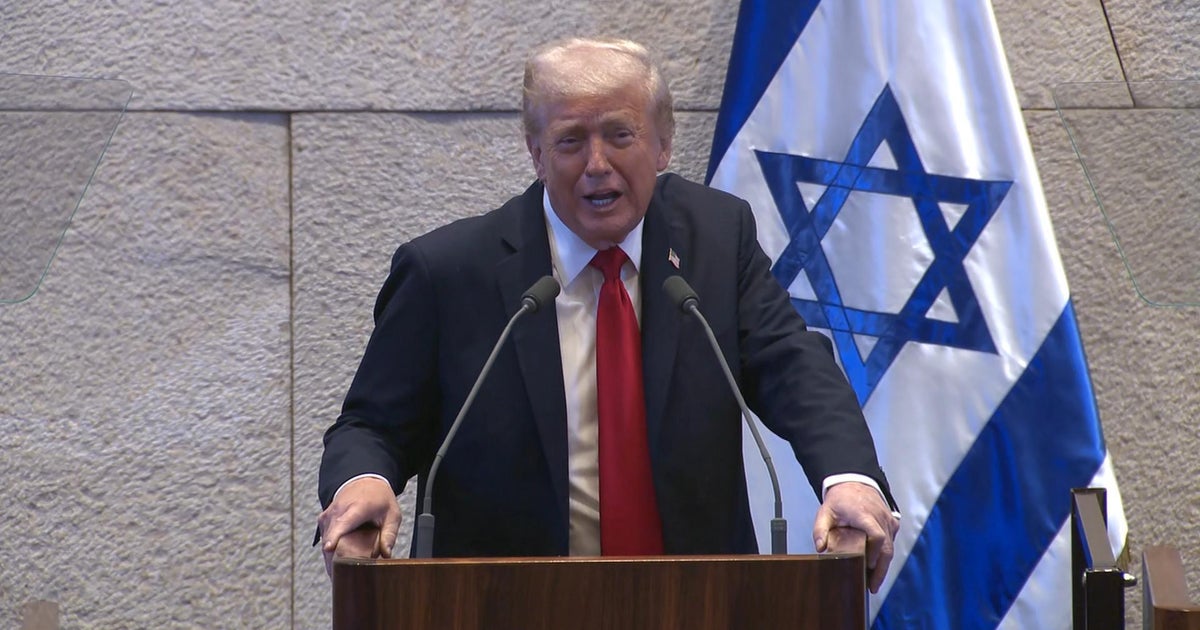Tough new policy measures are needed to dramatically boost sales of electric vehicles and enable Australia to meet its ambitious climate targets, carmakers have declared, calling for more financial incentives and a 2035 ban on petrol cars.
The transport sector generates around 22 per cent of the nation’s emissions, and its pollution is projected to rise in coming years. According to analysis from the government’s advisory agency, the Climate Change Authority, electric vehicles must comprise half of all new cars sold in the next 10 years – about 9 million cars in total – for Australia to reach its climate target to cut emissions at least 62 per cent by 2035.

The BYD Shark is the first plug-in hybrid ute on sale in Australia and has become the second most popular EV this year, after the Tesla Y. Credit: Jason South
EV Council chief executive Julie Delvecchio, who represents EV carmakers, has called for a 2035 ban on sales of petrol and diesel cars and said the government must set targets for EV sales, so it can track progress towards the goal and ratchet up policy incentives.
While the Albanese government has created pollution penalties to encourage companies to sell fewer petrol and diesel cars and more EVs, it has not imposed targets for clean car sales or set a deadline to ban sales of internal combustion engine vehicles.
“We need to set EV targets and we need more incentives to encourage Australians to make the switch,” Delvecchio said, speaking of the findings in the EV Council’s State of Electric Vehicles report, released on Tuesday.
Loading
Norway has banned sales of new petrol from this year and will phase out diesel car sales from 2035, Singapore 2030, the China, UK and European Union 2035, France and Spain 2040.
However, Climate Change and Energy Minister Chris Bowen has ruled out EV targets or petrol and diesel sales bans.
The Climate Change Authority last month issued its advice on a plausible pathway for Australia to reach its 2035 climate target, including its finding that EV sales must rise rapidly to hit 50 per cent of the new car market within 10 years.
Bowen dismissed the analysis as “commentary on the sorts of things that might happen should we meet that target” and said the government has not set binding goals to cut emissions in various sectors of the economy because he anticipates market forces will drive companies to employ cleaner technologies, including in transport.
“We don’t have an EV sales target because we believe in choice. I do note that many manufacturers are withdrawing internal combustion engines in the 2030s,” he said.
The Climate Change Authority’s analysis revealed the scale of the challenge for Australia to reach its 2035 climate target.
Renewables currently comprise about 40 per cent of the grid and would need to rise to 95 per cent within a decade, while emissions reductions in other sectors like industry and heavy transport depend on widespread uptake of clean production processes such as green steel and hydrogen, which are currently commercially unproven.
The EV council’s report said there 94 battery-only car models on sale in Australia, and 59 plug in hybrids. This is an increase on last year, when there was 78 battery-only models on sale and 44 plug in hybrids.
EV Council chief Delvecchio said gains had been made under the government’s New Vehicle Efficiency Scheme, but more was needed.
Loading
The scheme applies to new sales and imposes penalties on car companies limits the average emissions of a carmaker’s overall fleet of vehicles sold each year, measured in grams of carbon dioxide per kilometre.
“It’s clear the federal government’s EV policies are working, but all governments need to be doing more to put us on the path to the 2035 climate targets.”
According to the EV Council’s State of Electric Vehicles report, to reach the Climate Change Authority’s target, Australia will need at least one million EVs on the road before 2028. This means around 30 per cent increases in sales year-on-year, rising from 115,000 in 2024 to 145,000 in 2025, 240,000 in 2026 and 320,000 in 2027.
China has been accused of dumping heavily subsidised cars onto international markets and the Albanese government said in March it would join an international push to reform the World Trade Organisation’s rules to tackle oversupply of products, including electric vehicles and steel.
However, Climate Change Authority chairman Matt Kean said China’s supply of cheap high-tech electric cars could dramatically boost uptake in Australia.
“If Chinese exporters force prices lower for the whole sector, Australians will likely be beneficiaries as we no longer have a car industry to protect,” Kean said.
A government spokesperson said: “The EV Council’s scorecard highlights the federal government’s policy leadership in bringing Australians more choice of cleaner, cheaper-to-run vehicles.”
Most Viewed in Politics
Loading


